How to support an advanced alternative fuels industry?
Read moreDeveloping policy for effective commercialisation
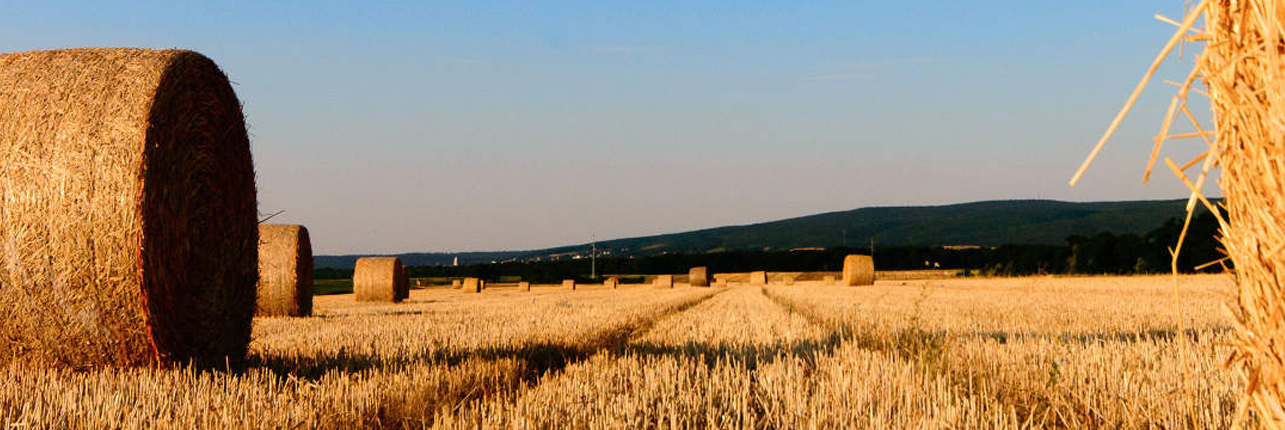
Understanding sustainability and indirect land use change
Read moreILUC models, LCA, certification, regulatory requirements
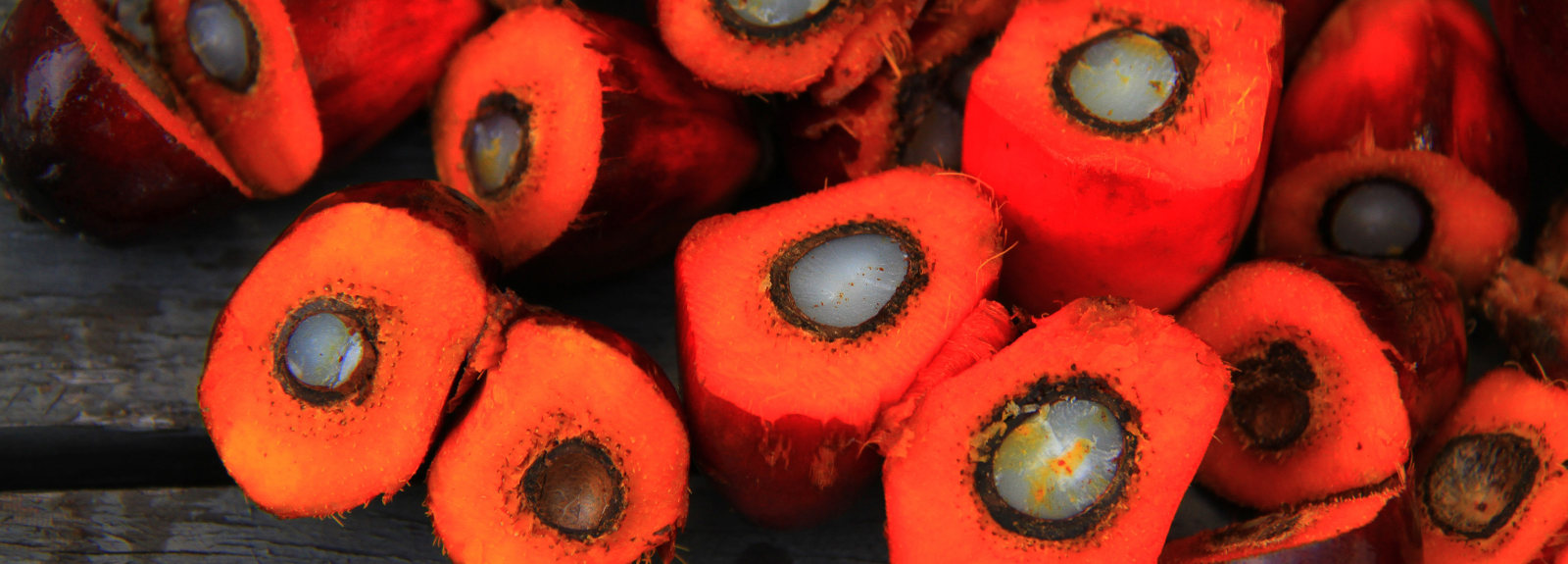
Assessing the carbon intensity of fossil fuels
Read moreClimate regulation for a changing oil industry

Link to: Sustainability and indirect land use change
SUSTAINABILITY AND LCA
The lifecycle environmental impact of alternative fuels
Link to: Low carbon fuel policy
BETTER POLICY
Frameworks to commercialise advanced alternative fuels
Stay up to date
Latest Content
All 41
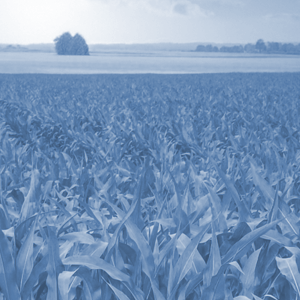
Low ILUC pilots and guidance
The final deliverables from Cerulogy's work with Guidehouse on low ILUC-risk biofuels for the European Commission has now been published. The published documents include reports from five low ILUC-risk…
April 5, 2024/by Chris Malins
Hydrogen Delivered Lifecycle Analysis Tool
Cerulogy worked with the Clean Air Task Force to develop an online tool to allow users to explore the lifecycle emissions of conventional and renewable hydrogen production. It allows users to review the…
April 3, 2024/by Chris Malins
Review paper on permanent carbon removals
Cerulogy is working for the European Commission Directorate General for Climate Action in partnership with ICF and Fraunhofer ISI on the development of EU certification methodologies for permanent carbon…
February 1, 2024/by Chris Malins
High and low ILUC risk – technical assistance to the European Commission
Since 2020, Cerulogy has been working for the European Commission Directorate General for Energy, as part of a consortium led by Guidehouse, on a re-assessment of which biofuel feedstocks should be identified…
January 10, 2024/by Chris Malins
Supporting the Innovation Fund
Since 2020, Dr Malins has been supporting the development and implementation of the greenhouse gas emissions avoidance calculation methodology of the EU Innovation Fund. The Innovation Fund is one of the…
December 17, 2023/by Chris Malins
Scrutinising the future role of alternative fuels in delivering aviation decarbonisation
Alternative fuels have been identified as an important tool to reduce the climate change impact of the aviation industry, but there are many challenges associated with increasing the production and use…
November 16, 2023/by Chris Malins
BIKE biofuels
BIKE is a multi-year project funded by the EU’s Horizon 2020 programme. Its aim is to assess the market potential of the EU’s low ILUC-risk concept – from practical, regulatory, and economic standpoints.…
July 3, 2023/by Chris Malins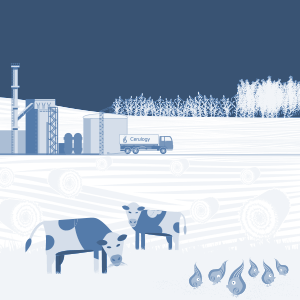
The fat of the land
This study for the European Federation for Transport and the Environment (T&E) reviews the use of rendered animal fats by the EU biofuel industry, the impacts of this use on other animal fat consumers…
July 3, 2023/by Chris Malins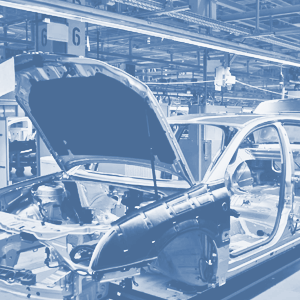
The ICCT Global Automaker Rating
In 2023, the International Council on Clean Transportation (ICCT) released its first annual Global Automaker Rating, assessing the readiness of car manufacturers for the transition to electric vehicles.…
June 3, 2023/by Chris Malins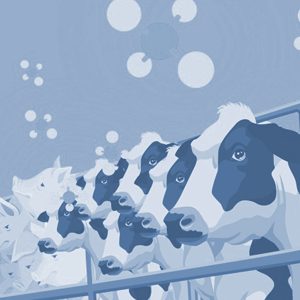
Emissions Impossible
Cerulogy supported the Changing Markets Foundation with the analysis of methane emissions presented in their Emissions Impossible report, highlighting the climate change impact of companies in the meat…
November 30, 2022/by Chris Malins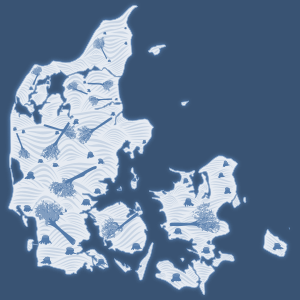
Considerations for addressing indirect land use change in Danish biofuel regulation
This report for the Danish Energy Agency presents an overview and review of indirect land use change modelling, and provides a discussion of options for Denmark to adjust its biofuel policy to take further…
June 28, 2022/by Chris Malins
Aviation biofuels in Spain
This report for the Spanish NGO Ecologistas en Acción considers the potential for the development of an aviation biofuel industry in Spain. It notes that it may be challenging to reorient existing renewable…
March 11, 2022/by Chris Malins
Multiple and cover cropping in Brazil
Over recent decades the use of cover crops as part of the "sistema plantio direto" has become an important feature of Brazilian agriculture. In much of Brazil a second 'safrinha' (off season) corn crop…
January 19, 2022/by Chris Malins
Animal, vegetable or mineral (oil)?
The United States is in a period of rapid expansion of vegetable oil hydrotreating capacity, which will greatly increase the potential to supply renewable diesel and renewable jet fuel under the Renewable…
January 17, 2022/by Chris Malins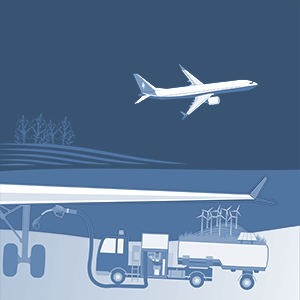
SAFty in numbers
As part of the Green Deal, the European Commission has launched the “ReFuelEU Aviation Initiative” to increase the role of “sustainable aviation fuels” in EU aviation. This report for Transport…
June 1, 2021/by Chris Malins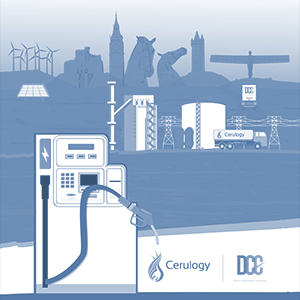
Fuelling Development
This report for Transport and Environment, written in partnership with David Calderbank Consulting, considers options for the development of alternative transport energy policy in the UK under the Renewable…
April 15, 2021/by Chris Malins
Soy, land use change and ILUC-risk
In its assessment of which biofuel feedstocks should be considered 'high ILUC-risk', the European Commission found that soy oil was associated with second highest deforestation risk of the biofuel feedstocks…
November 15, 2020/by Chris Malins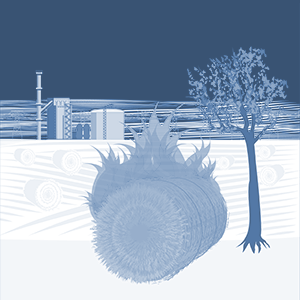
We didn’t start the fire!
This report for Transport and Environment reviews the role of biomass based energy in scenarios for meeting EU and global climate change targets.
June 30, 2020/by Chris Malins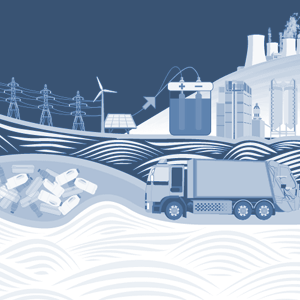
Beyond biomass?
Within the European Union's recast Renewable Energy Directive support is available not only to biofuels but also to 'renewable fuels of non-biological origin' (electrofuels) and to 'recycled carbon fuels'…
June 15, 2020/by Chris Malins
Accentuating the positive?
Estimating emissions associated with indirect land use change (ILUC) is a fundamental part of analysing the likely net GHG emissions impacts of biofuel mandates, and in some regulations (e.g. U.S. Renewable…
April 30, 2020/by Chris Malins
Biofuel to the fire
In partnership with the Rainforest Foundation Norway, this report reviews the threat to tropical forests from continued expansion of mandates for palm- and soy-oil based biofuels.
April 30, 2020/by Chris Malins
Destination deforestation
The aviation industry identifies 'sustainable aviation fuels' as a key tool to manage the growing climate impact of aviation. There are, however, fundamental differences between the sustainability…
March 3, 2020/by Chris Malins
What does it mean to be a renewable electron?
Defining renewability and additionality for renewable fuels of non-biological origin
In the European Union, renewable energy policy is guided by the Renewable Energy Directive, which sets targets…
December 10, 2019/by Chris MalinsIn the European Union, renewable energy policy is guided by the Renewable Energy Directive, which sets targets…
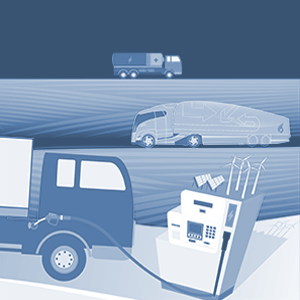
Truckin’ on
In this report for FuelsEurope we present a proposal to use a fuel decarbonisation credit added to the heavy duty efficiency vehicle efficiency standard to accelerate deployment of advanced alternative…
June 6, 2019/by Chris Malins
The (environmental) price of FAME
Fatty acid methyl ester (FAME), or biodiesel as it is more commonly known, is a diesel substitute produced by reacting methanol with vegetable oil, and is the second most widely used bio-additive in…
March 29, 2019/by Chris Malins
Comparing GTAP ILUC results to observations of ethanol related land use change
For over ten years, indirect land use change modeling has been an important part of assessing the environmental impact of U.S. biofuel policy. While several models have been developed to undertake these…
March 29, 2019/by Chris Malins
Accentuating the positive – has optimism bias driven reductions in ILUC estimates?
Indirect land use change, often abbreviated to ILUC, refers to the expected expansion of agricultural area (and subsequent release of carbon from biomass and soils) when biofuel policies increase demand…
March 29, 2019/by Chris Malins
Risk management
The recast Renewable Energy Directive, agreed last year, created a new category of high ILUC-risk biofuels, along with defining a role for certifying low ILUC-risk biofuels. This report, undertaken for…
January 24, 2019/by Chris Malins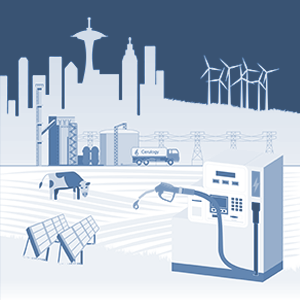
Washington’s Clean Fuel Future
With Clean Fuel Programs (CFPs, also referred to as Low Carbon Fuel Standards) active in California, Oregon and British Columbia, and set to be introduced at the federal level in Canada, it is unsurprising…
January 10, 2019/by Chris Malins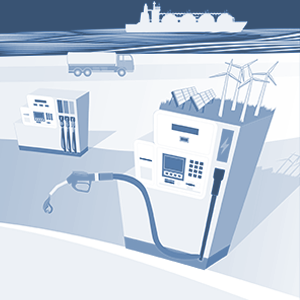
What role for electromethane and electroammonia?
Following on our 2017 report on the potential for liquid electrofuels in the European fuel mix, Transport and Environment asked Cerulogy to look at the opportunity for electromethane as a heavy duty fuel…
October 24, 2018/by Chris Malins
Building the Perfect Beast: Designing Advanced Alternative Fuel Policy to Work
Cerulogy attended Biomass Conference and Exhibition in Copenhagen this year (2018) to present a paper on building more effective policy for advanced alternative fuel commercialisation. The paper is now…
July 12, 2018/by Chris Malins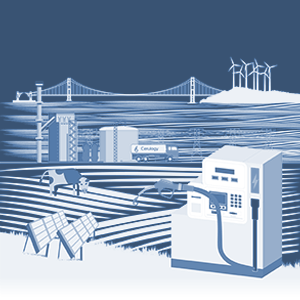
California’s Clean Fuel Future
The California Air Resources Board is in the process of stakeholder engagement before setting compliance targets to 2030 for the Low Carbon Fuel Standard, and Cerulogy was asked by the NextGen Foundation,…
April 9, 2018/by Chris Malins
Driving deforestation
As we highlighted in our report 'For peat's sake', there is a well documented link between increasing palm oil demand, expansion of the cultivated area of palm oil plantations and destruction of forest…
February 6, 2018/by Chris Malins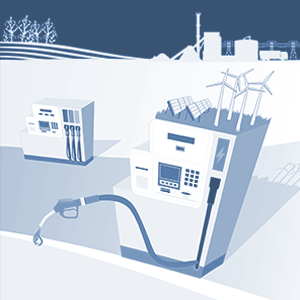
Power to the people?
What role is there for electrofuel technologies in European transport’s low carbon future?
Liquid fuels are set to be part of the European and global transport energy supply for some time to come -…
December 1, 2017/by Chris MalinsLiquid fuels are set to be part of the European and global transport energy supply for some time to come -…

Devilish details…
...you’ll never believe the regulatory mistakes the EU is at risk of making in the RED II*
In a blog post just under a year ago I heralded the generally positive qualities of the European Commission’s…
November 27, 2017/by Chris MalinsIn a blog post just under a year ago I heralded the generally positive qualities of the European Commission’s…

Thought for food
Since the food price crisis of 2006-2008, there has been a lively debate about the impact of biofuel demand on food markets, prices and security, with some biofuel advocates characterising the idea of…
September 15, 2017/by Chris Malins
Waste not want not
The controversy around the use of food and feed commodities for biofuel has led to an increasing focus on opportunities to produce biofuels from wastes, residues and by-products. However, where those materials…
September 15, 2017/by Chris Malins
Navigating the maize
Update - An updated critique reacting to republished results from USDA is available here: https://theicct.org/publications/critique-lifecycle-emissions-modeling-ghg-ethanol
Earlier in 2017, the United…
July 13, 2017/by Chris MalinsEarlier in 2017, the United…

For peat’s sake
This report, commissioned by the Rainforest Foundation Norway (cf. www.regnskog.no/en/news/norway-bans-palm-oil-based-biofuel-in-its-public-procurement), reviews the evidence on the implications of using…
June 13, 2017/by Chris Malins
A leap forward for European advanced biofuel policy
Yesterday, the European Commission released its proposal for the renewable energy regime for Europe through to 2030. The proposal includes a framework for supporting and regulating the supply of alternative…
December 1, 2016/by Chris Malins
Denial of long-term issues with agriculture on tropical peatlands will have devastating consequences
Following the 16th International Peat Congress (IPC) in Kuching (Sarawak), Malaysia, widely read media reported that the congress supported the view that current agricultural practices in peatland areas,…
September 30, 2016/by Chris MalinsAbout
Cerulogy is the consultancy of Dr. Chris Malins.
We are experts in alternative and cleaner fuels policy, sustainability and regulation in North America, Europe and for aviation.
Cerulogy comes from the Latin ‘ceruleus’, the colour blue, which is derived from ‘caelum’ meaning sky, suffixed with -logy, from the Greek for a science. Blue sky thinking.
